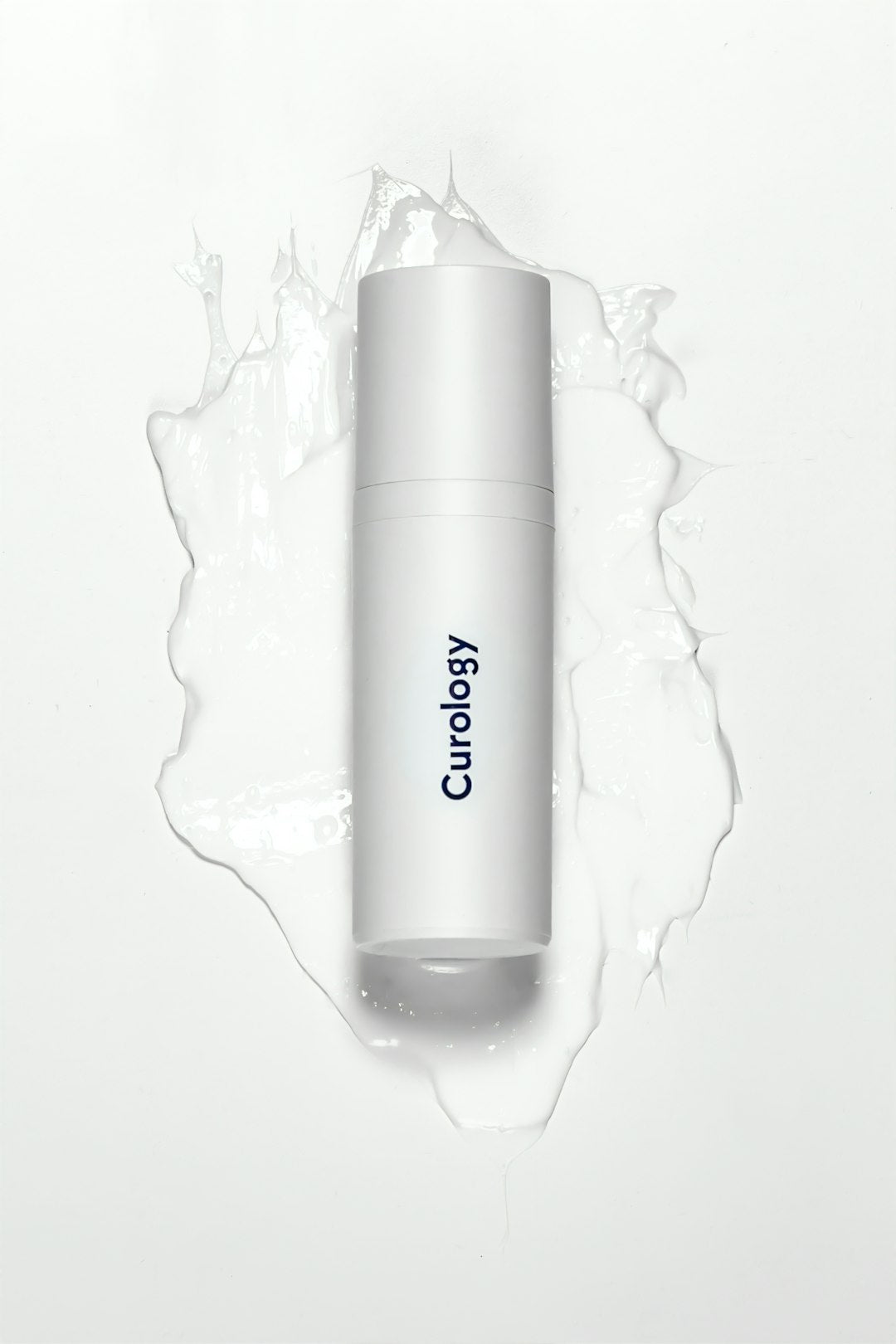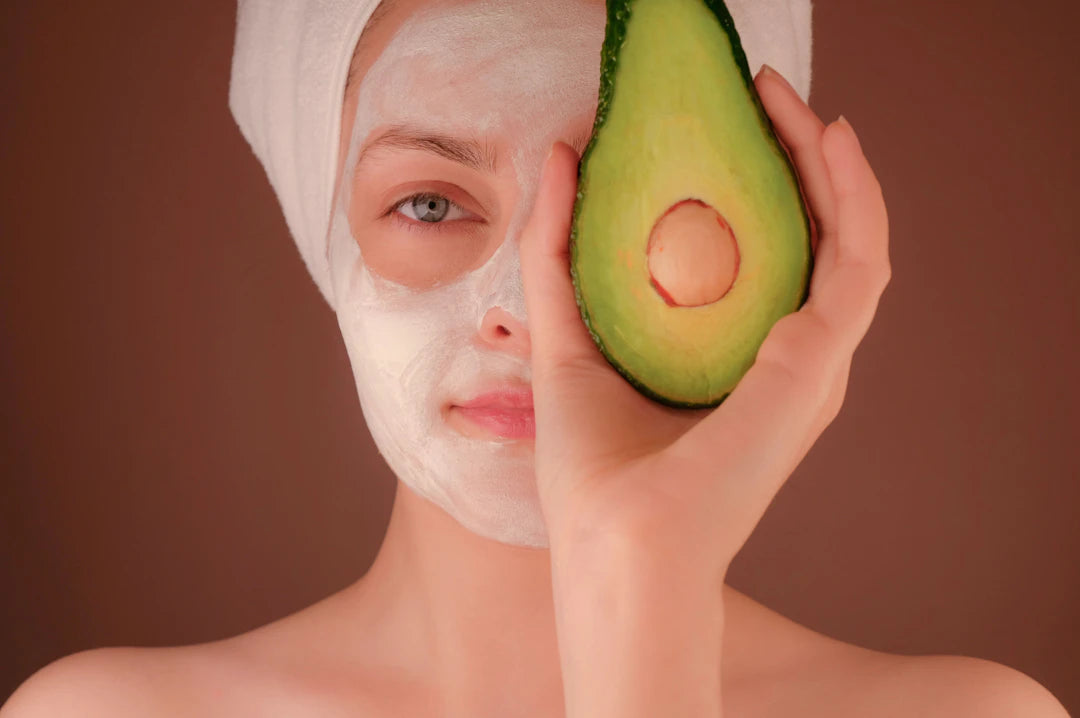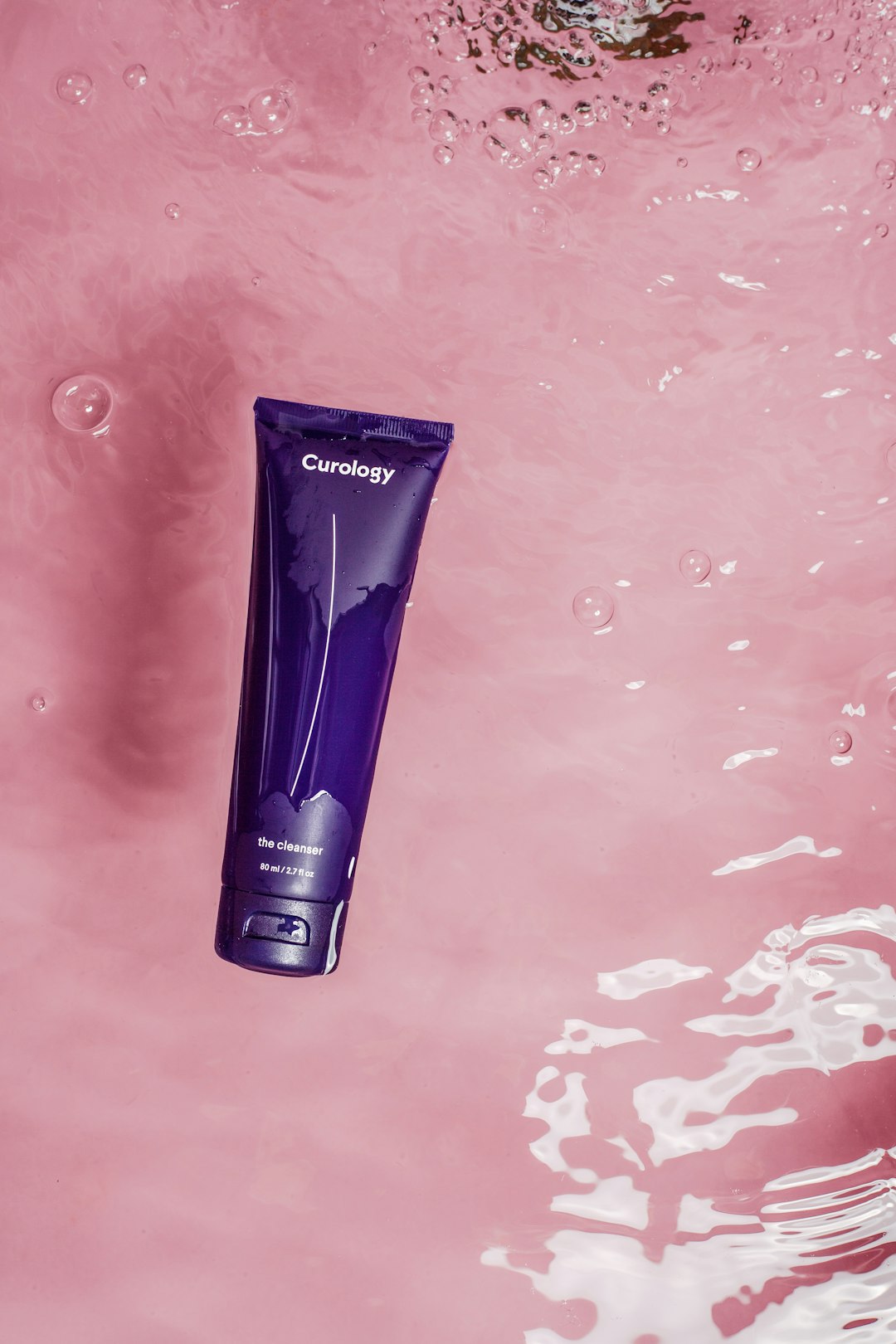The Secret to Radiant Skin: The Essential Role of Exfoliation

Exfoliation is often an overlooked but crucial step in any skin care routine. Many individuals are focused solely on hydration, nourishment, and protection, forgetting that how we remove dead skin cells can significantly affect our overall appearance and skin health. Learning about exfoliation is vital for achieving glowing, youthful skin and addressing specific concerns such as wrinkles, hydration, and more. In this article, we will explore the role of exfoliation in skin health, its benefits, and how to effectively incorporate it into your skincare routine.
What is Exfoliation?
Exfoliation is the process of removing dead skin cells from the surface of your skin. This can be accomplished through mechanical means (physical exfoliators) or chemical means (chemical exfoliators). Regular exfoliation reveals fresher, healthier skin underneath, promoting a more radiant complexion.
Types of Exfoliation
When it comes to exfoliation, there are two primary types:
- Physical Exfoliation: This method involves using a scrub or tool to physically slough off dead skin cells. Common physical exfoliants include scrubs, brushes, and exfoliating gloves.
- Chemical Exfoliation: Utilizing acids or enzymes, chemical exfoliants dissolve dead skin cells without the need for scrubbing. Popular chemical exfoliants include alpha hydroxy acids (AHAs) and beta hydroxy acids (BHAs).
Why is Exfoliation Important for Skin Health?
Exfoliation plays several essential roles in maintaining healthy skin:
1. Promotes Skin Renewal
Our skin naturally sheds dead skin cells; however, sometimes it can become sluggish. Regular exfoliation speeds up the cell turnover process, revealing newer skin more effectively. This renewed skin is often brighter and healthier, helping to combat dullness.
2. Boosts Effectiveness of Skin Hydration Products
Exfoliating can enhance the effectiveness of skin hydration products. When dead skin cells accumulate on the surface, they can act as a barrier, preventing your moisturizer or serum from penetrating deeply. By removing these cells, you allow your hydration products to work better, resulting in more supple, hydrated skin.
3. Helps Reduce the Appearance of Winkles and Fine Lines
As we age, our skin's natural ability to regenerate slows down, leading to fine lines and wrinkles. Regular exfoliation can help combat signs of aging by removing dead cells and stimulating collagen production. This, in turn, promotes skin tightening and reduces the visibility of anti wrinkles and fine lines.
4. Prevents Breakouts
Another significant benefit of exfoliation is its ability to prevent clogged pores. When dead skin cells pile up, they can mix with oil and lead to breakouts. Regular exfoliation helps to keep pores clear, reducing the chances of acne and blemishes.
Incorporating Exfoliation into Your Skin Care Routine
Creating an effective exfoliation routine involves understanding your skin type and needs. Here's how you can incorporate exfoliation seamlessly into your regimen:
1. Identify Your Skin Type
Before selecting an exfoliation method, determine your skin type. Different skin types may require different products or techniques. Here’s a quick guide:
- Dry Skin: Opt for gentle exfoliators with hydrating ingredients.
- Oily Skin: Consider a chemical exfoliant like salicylic acid that can penetrate pores effectively.
- Sensitive Skin: Choose mild exfoliators and avoid physical scrubs that can irritate.
2. Frequency of Exfoliation
Your skin's needs will dictate how often you should exfoliate. Generally:
- Oily or Acne-Prone Skin: May require 2-3 times a week.
- Normal Skin: 1-2 times a week is often sufficient.
- Dry or Sensitive Skin: Start with once a week and adjust based on how your skin reacts.
3. Be Gentle
Regardless of the type of exfoliation you choose, always be gentle with your skin. Avoid aggressive scrubbing, and follow the instructions provided with your products. Over-exfoliation can lead to irritation, redness, and compromised skin barrier.
Choosing the Right Exfoliation Products
With countless products claiming to be the best exfoliators, it can be overwhelming to choose the right one. Here are some tips for selecting the best exfoliation product tailored to your needs:
1. Read Ingredients
Look for ingredients that suit your skin type. AHAs such as glycolic acid are great for dry or sun-damaged skin, while BHAs like salicylic acid are perfect for oily and acne-prone skin.
2. Consider Texture
Some individuals may prefer the feel of a physical exfoliant, while others may enjoy the ease of chemical exfoliants. Experiment to find what feels best on your skin!
3. Patch Test New Products
Before incorporating a new exfoliant into your routine, perform a patch test to check for any adverse reactions. Always observe how your skin responds to a new product before using it all over your face.
Enhancing Your Routine with Additional Skin Care Products
Complementing your exfoliation routine with other skin care products can provide even more benefits:
1. Moisturizers
After exfoliating, always follow up with a good moisturizer to lock in hydration. This is crucial for maintaining skin hydration and balance.
2. Anti-Aging Products
Products containing retinol or peptides can further enhance your skin's texture and diminish the appearance of lines and wrinkles. Pair these with regular exfoliation to maximize antiaging effects.
3. Sun Protection
Never forget the importance of sunscreen! Exfoliating can make your skin more sensitive to the sun. Always apply a broad-spectrum sunscreen daily to protect your skin from harmful UV rays and maintain its health.
Listen to Your Skin
Above all, understand that everyone's skin is unique. It’s essential to listen to your skin and adjust your exfoliation routine accordingly. If you experience redness, irritation, or increased sensitivity, consider reducing the frequency of exfoliation or switching to gentler products.
Additional Benefits of Exfoliation
While the main benefits of exfoliation include improved texture, radiance, and prevention of acne, there are some additional perks that are worth noting:
- Improved Skin Tone: Exfoliation can help fade hyperpigmentation and even out skin tone.
- Enhanced Makeup Application: Smooth skin allows for better makeup application and longevity.
- Boost in Self-Confidence: Radiant skin can boost self-esteem and make you feel more confident.
Celebrate Your Journey to Healthy Skin
Incorporating proper exfoliation techniques into your skincare routine can lead to transformative results. With consistent practices and awareness of your skin's needs, you can achieve and maintain beautiful, healthy skin. It’s never too late to start nurturing your skin, so begin your journey today! By making exfoliation a regular part of your skin care routine, you’ll not only unlock the door to healthier skin but also discover a newfound appreciation for self-care.
Now that you know the benefits and importance of exfoliation, it’s time to take action! Start exploring exfoliation methods today that best suit your skin’s unique requirements and experience the remarkable difference it can make in your skincare journey.


